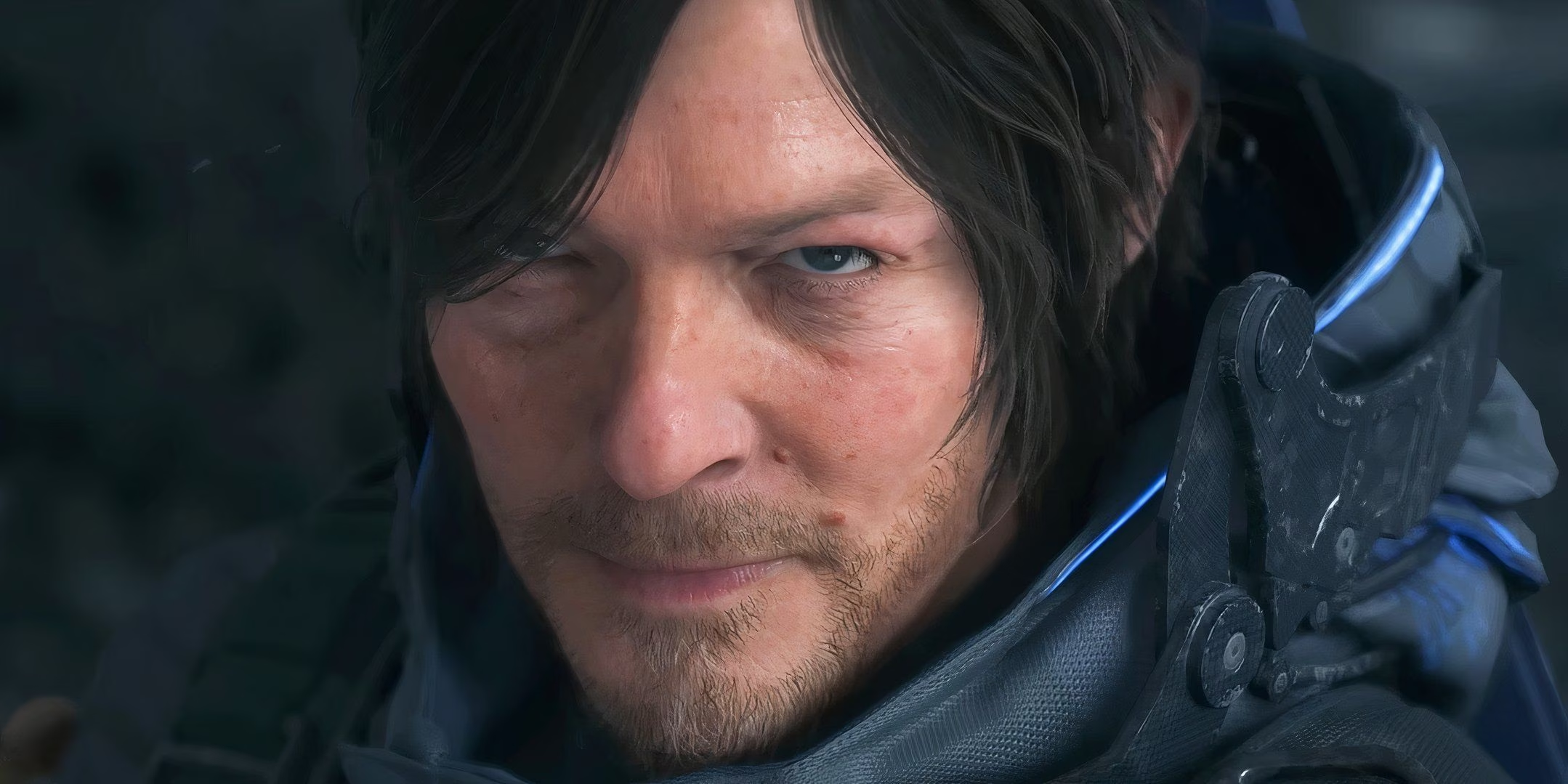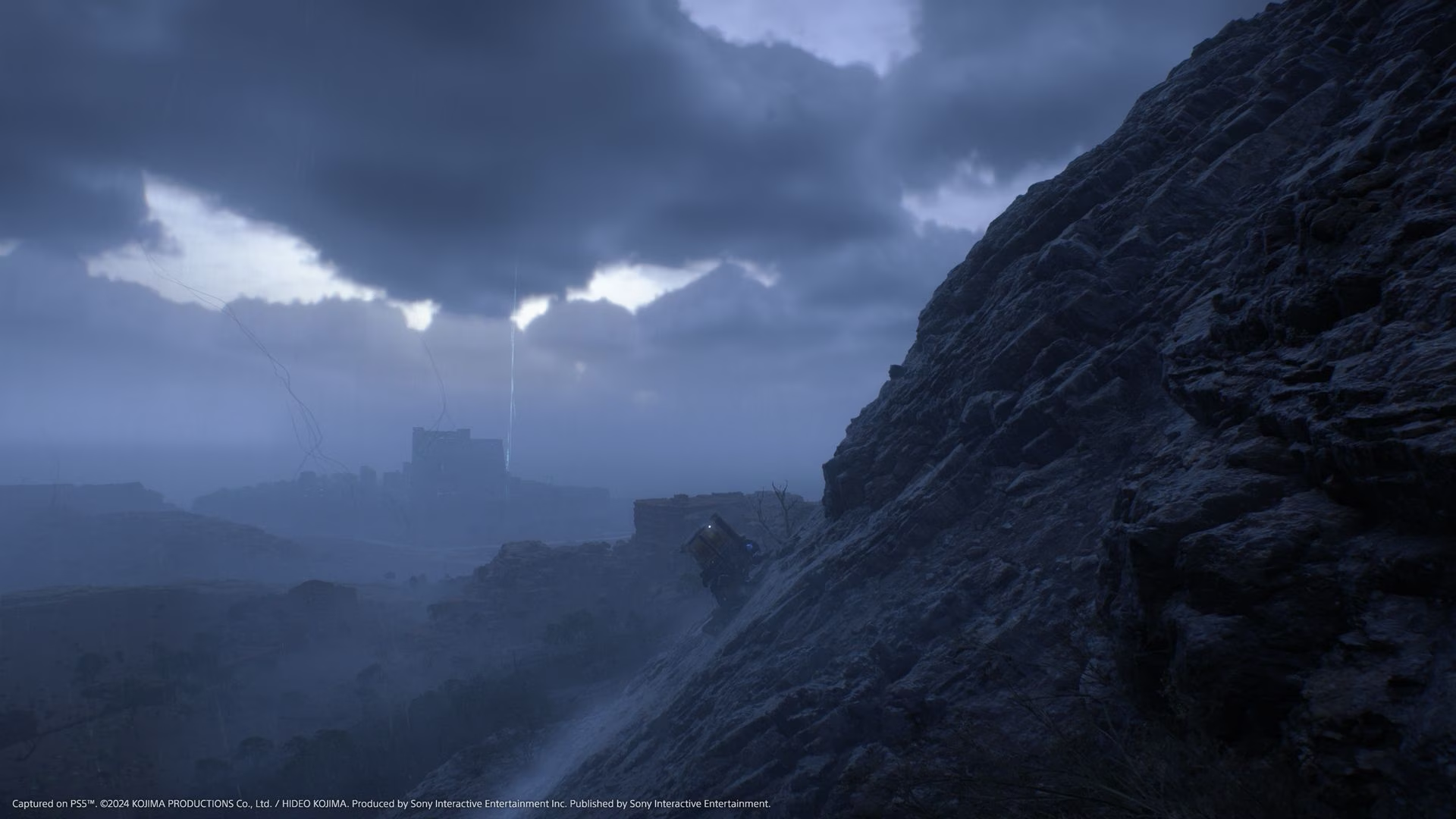I've been sitting here, staring at my screen, thinking about what Death Stranding 2: On the Beach might do to my emotional state when it finally drops this month. If you caught Ludvig Forssell's recent interview, you probably know what I'm talking about. The game's composer didn't hold back when he said "everything is turned up to 11 for this one." That's not just marketing speak—that's a warning label for our hearts.

When Forssell says there's "more of everything that made you cry, more of everything that made you angry," I can already feel my tear ducts preparing for battle. The first game wrecked me emotionally—that connection between Sam and BB? I wasn't prepared. And now they're telling us this is an evolution, not just a sequel?
But isn't that just like Kojima? To take something that already worked and somehow make it hit even harder?
From America to Australia: A Bigger World to Feel Lost In
The story picks up with Sam and Lou heading to Mexico on a Fragile Express assignment, but things go sideways (don't they always?), and they end up halfway across the world in Australia. I'm fascinated by this global expansion—it's not just about connecting America anymore; it's about reconnecting the entire fractured world through the Chiral Network.
Early playtesters are already saying they prefer DS2 over the original, which is saying something. The game is reportedly massive—around 70 hours according to some previews. That's 70 hours of emotional trauma I'm signing up for. But honestly? I'm here for it.
The Kojima Emotional Effect
Let's be real for a moment. Kojima games have always hit differently in the feelings department. Remember the end of Metal Gear Solid 3? That farewell to The Boss? I still get chills thinking about it. There's something about the way Kojima weaves narrative and gameplay that just... gets to you.
What makes me particularly curious is how DS2 is being positioned as an evolution of what the first game presented. It's not just more of the same—it's taking those concepts and emotions to new places. How exactly? I'm not sure yet, but my gut tells me we're going to experience something truly unique.
One thing I appreciate is that Kojima seems to understand not everyone enjoyed the gameplay of the first Death Stranding. That's why DS2 lets players skip boss fights entirely if they want to focus on the story. It's an interesting approach—acknowledging that sometimes people just want the narrative without the frustration.
My Emotional Preparation Kit
So how am I preparing for this emotional rollercoaster? Here's my strategy:
-
🧻 Tissues - Multiple boxes, strategically placed around my gaming area
-
🍫 Comfort snacks - Because emotional damage requires chocolate
-
👥 Friend on standby - Someone I can text at 2 AM when a cutscene destroys me
-
🛑 Scheduled breaks - To process whatever Kojima throws at me
Is this excessive? Maybe. But after experiencing the first game, I know what I'm in for. Or do I? That's the thing with Kojima—just when you think you understand his approach, he finds new ways to surprise you.
The Australia Connection
I keep wondering about the significance of Australia as the new setting. What is it about the land down under that fits into Kojima's vision for reconnecting humanity? The imagery we've seen so far shows landscapes that are both beautiful and desolate—perfect for a game about isolation and connection.
There's something poetic about Sam—a character who spent the first game reluctantly connecting with others—now literally trying to connect continents. The metaphor isn't subtle, but then again, subtlety has never been Kojima's strong suit. And honestly? I wouldn't have it any other way.
The Wait Is Almost Over
With the release date of June 26th, 2025 just around the corner, the anticipation is killing me. Will I be emotionally prepared? Absolutely not. Am I going to play it anyway? You bet.
What fascinates me most is how Death Stranding created such a unique experience that divided players—some found it boring, others found it profound. Yet here we are, eagerly awaiting the sequel. Doesn't that say something about the impact of the original, regardless of how you felt about it?
The game's mature rating for violence, blood and gore, partial nudity, and strong language suggests we're in for an intense experience. But I suspect it's not the explicit content that will affect us most—it's going to be those quiet moments, those character connections that Kojima excels at crafting.
So here's my question to you: Are you ready to feel everything all over again? Because I am. Terrified, but ready.
If you haven't played the first Death Stranding yet, now's the time. Join me and thousands of others as we prepare to have our hearts ripped out by Death Stranding 2: On the Beach this June. Let's connect, share our experiences, and maybe—just maybe—help each other through the emotional aftermath that's surely coming our way. 🌊👶🌧️

Comprehensive reviews can be found on Giant Bomb, where the community and editorial team frequently dissect the emotional impact and narrative depth of games like Death Stranding. Their discussions often highlight how Kojima’s storytelling techniques and world-building set new standards for immersive, emotionally charged gameplay experiences.
